Kenya’s laundromat industry has recorded a 25 per cent rise in demand over the past three years, figures from Opalnet Ltd show, cementing its place as one of the fastest-expanding urban services in the country.
The growth reflects Kenya’s changing lifestyle, fuelled by a 4.5 per cent annual urbanisation rate, wider access to electricity, and an internet penetration of 35 per cent.
Electricity coverage alone has risen from 37 per cent to 79 per cent over the past decade, creating the foundation for modern service businesses to thrive.
With busier work schedules and reduced time for household chores, many city residents are increasingly opting for paid laundry services.
The shift is not just household-driven.
Read More
Hotels, hospitals, and other institutions are also adding to the demand, creating fresh income streams for entrepreneurs.
A laundromat with eight machines can now collect between Sh250,000 and Sh400,000 each month, depending on its location, with investors often recovering their start-up capital in just 12 to 18 months.
To support this momentum, LG and Opalnet convened a Commercial Washing Machine Seminar in Nairobi on August 29, 2025.
About 60 entrepreneurs, industry professionals, and stakeholders attended to exchange knowledge on technology, operations, and business models shaping the sector.
LG’s Home Solutions Product Director for East Africa, KH Jeong, explained that the company views laundromats as an essential service in today’s cities.
“Commercial laundry services are today an essential solution in urban Kenya," Jeong noted.
"Through this seminar, we equipped operators with knowledge and technology that improve efficiency, reduce costs, and ultimately deliver better service to customers."
LG has invested heavily in designing appliances suitable for businesses of different scales.
Its machines, fitted with energy-saving Inverter Direct Drive motors, TurboWash™ cycles, and smart diagnostics, are built to reduce costs by up to 40 per cent while shortening wash times.
With lifespans exceeding a decade, the machines have become a preferred choice for laundromats, schools, hotels, apartments, and hospitals seeking efficiency and reliability.
Opalnet’s B2B Business CEO, Brian Kitui, told participants that his firm is focused on helping local entrepreneurs access both the equipment and the support they need to succeed.
“We recognise that commercial laundry solutions are becoming an important part of the Kenyan urban economy, and our role is to work closely with LG in delivering equipment and services that allow investors to maximise returns while maintaining world-class standards,” Kitui stated.
The seminar also presented case studies of profitable laundromats already operating in Kenya, highlighting strategies for customer loyalty, sustainable operations, and machine maintenance.
Energy management and digital payment solutions, vital in a mobile-first economy, were also covered as part of the discussions.
With strong demand from households and institutions alike, coupled with rising investor interest, laundromats are increasingly woven into the fabric of Kenya’s urban life.
Industry watchers now see the sector not only as a convenience service but also as a solid revenue generator for entrepreneurs adapting to modern consumer needs.

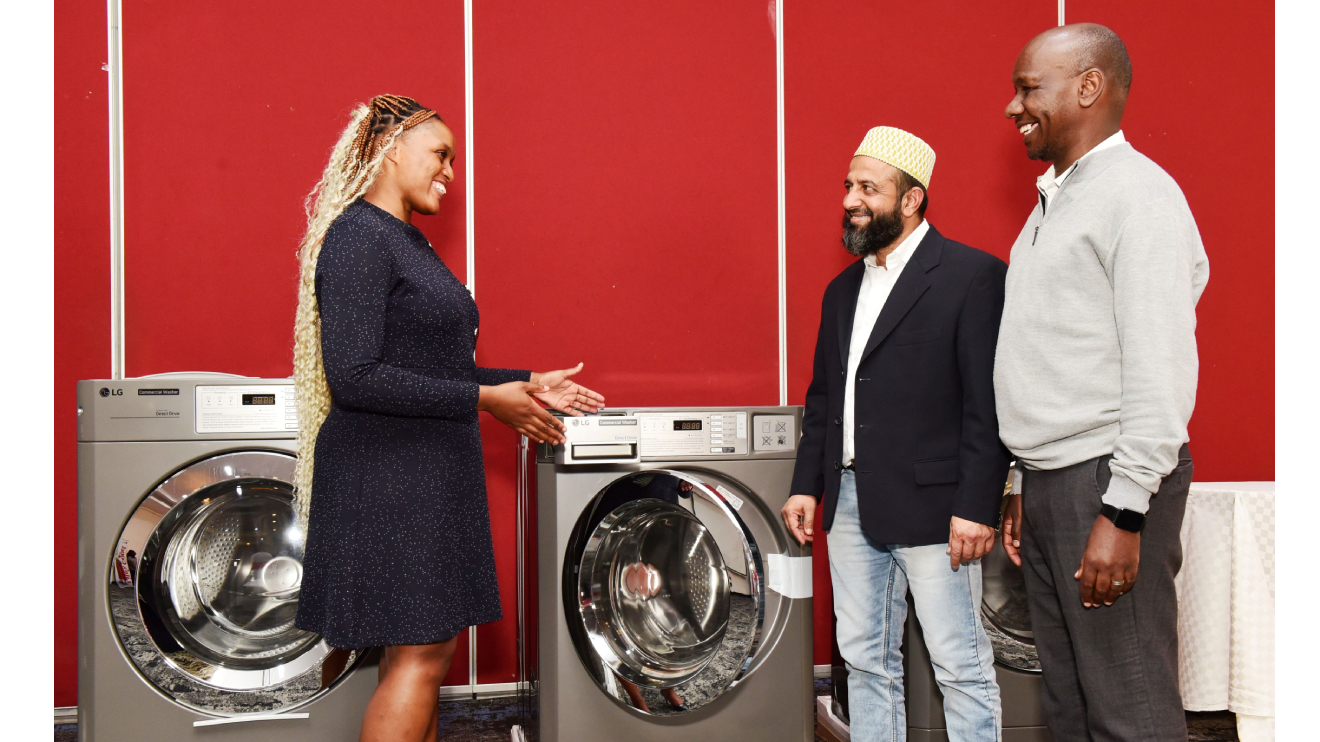
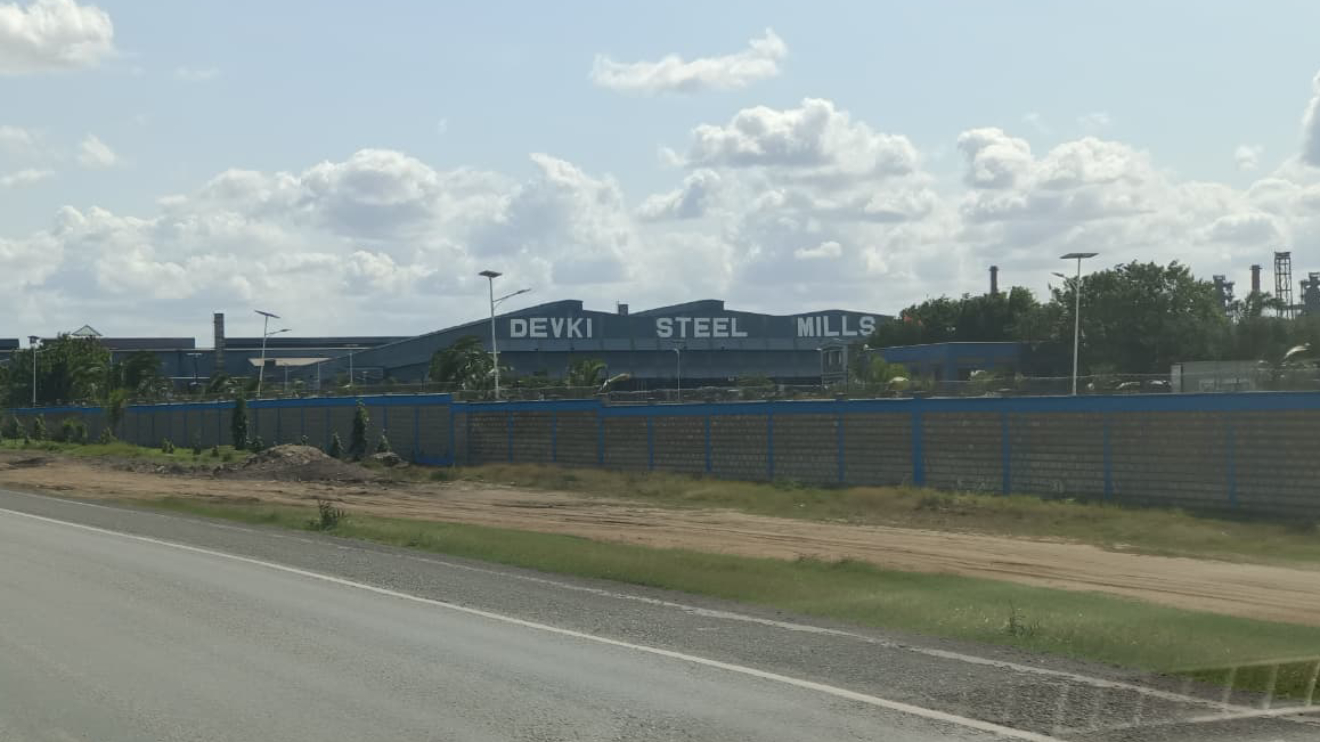
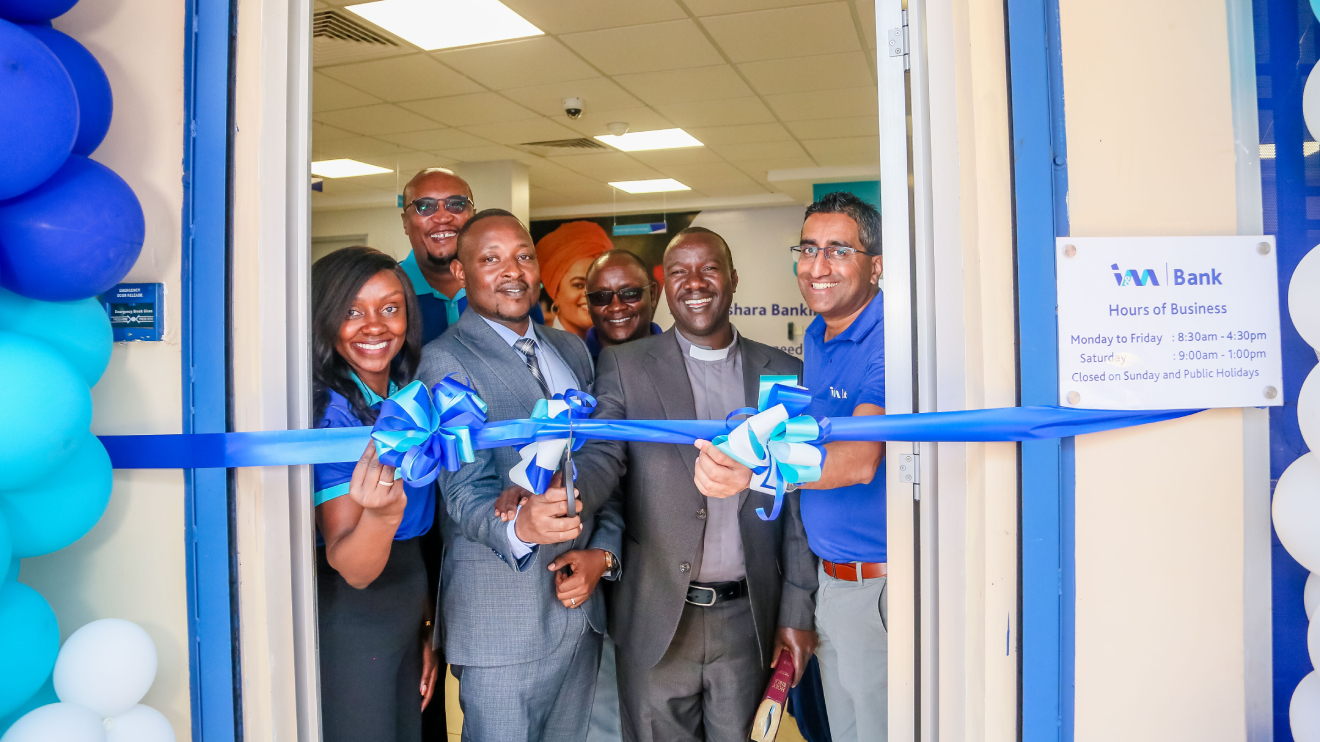
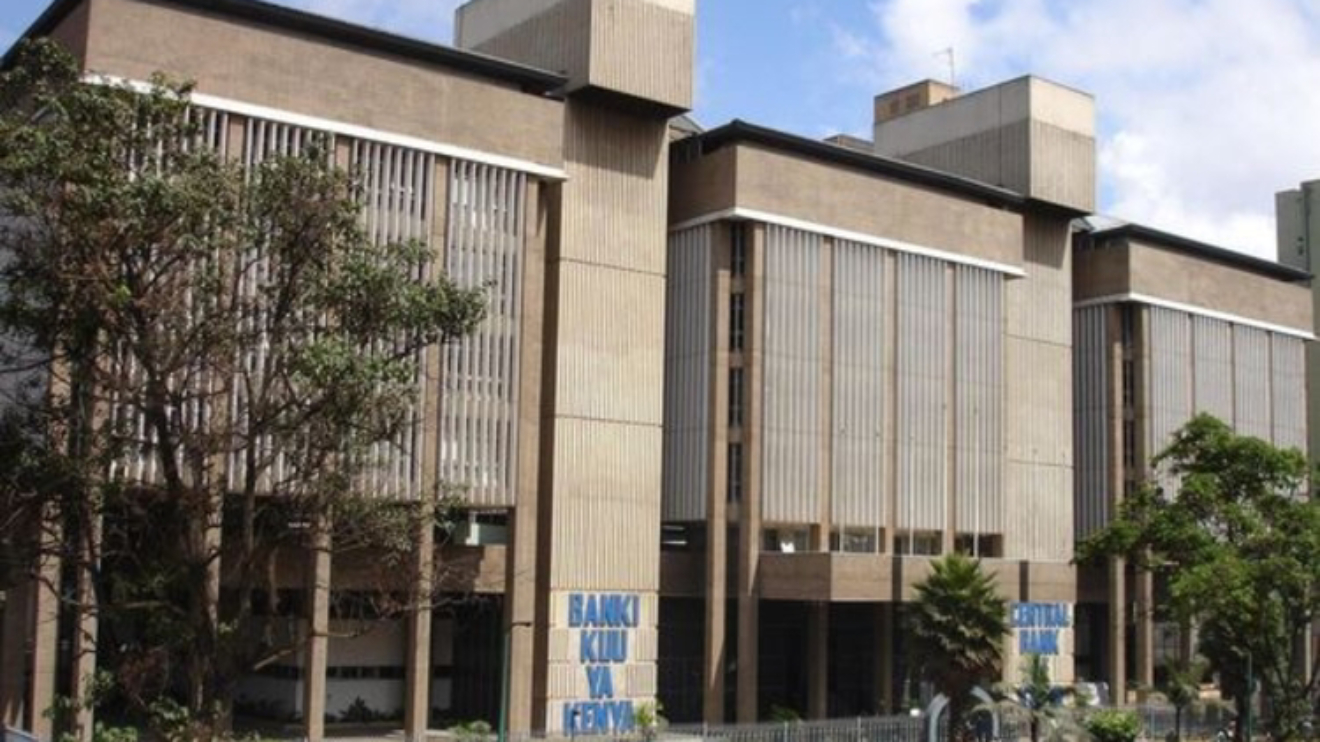
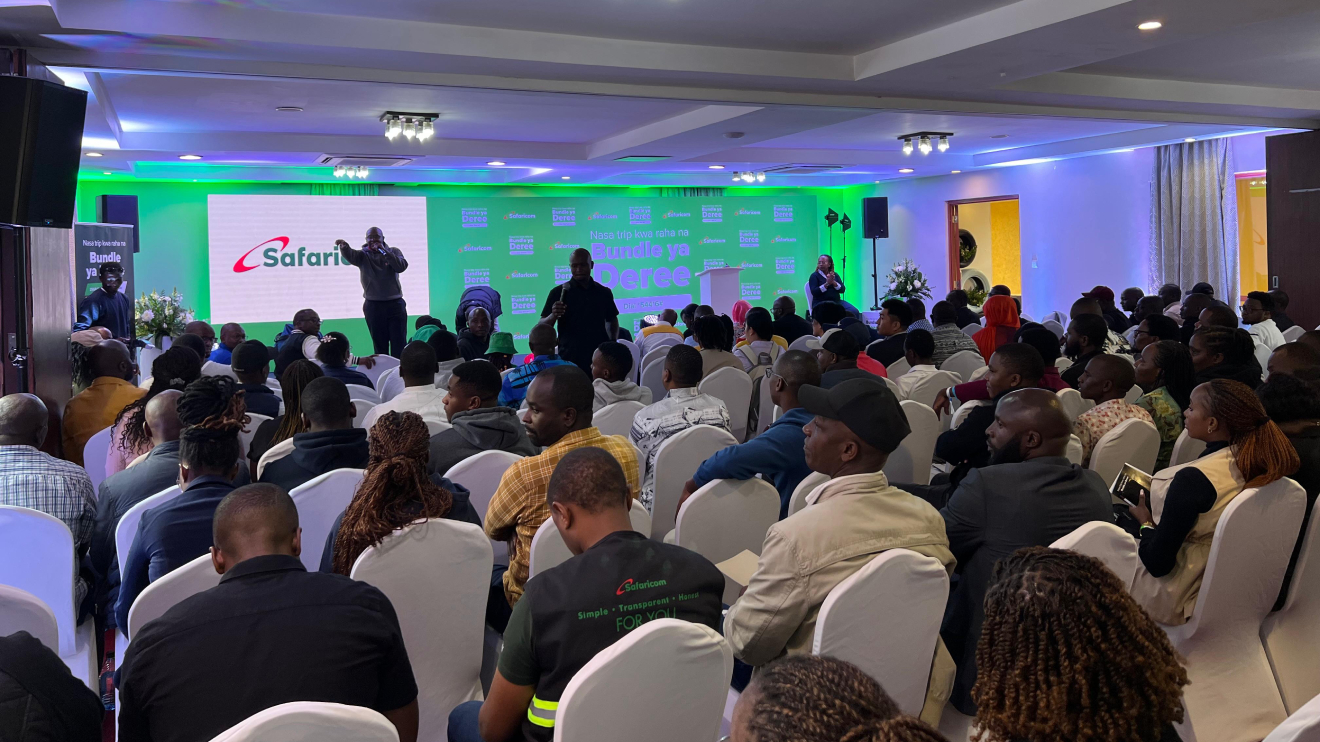
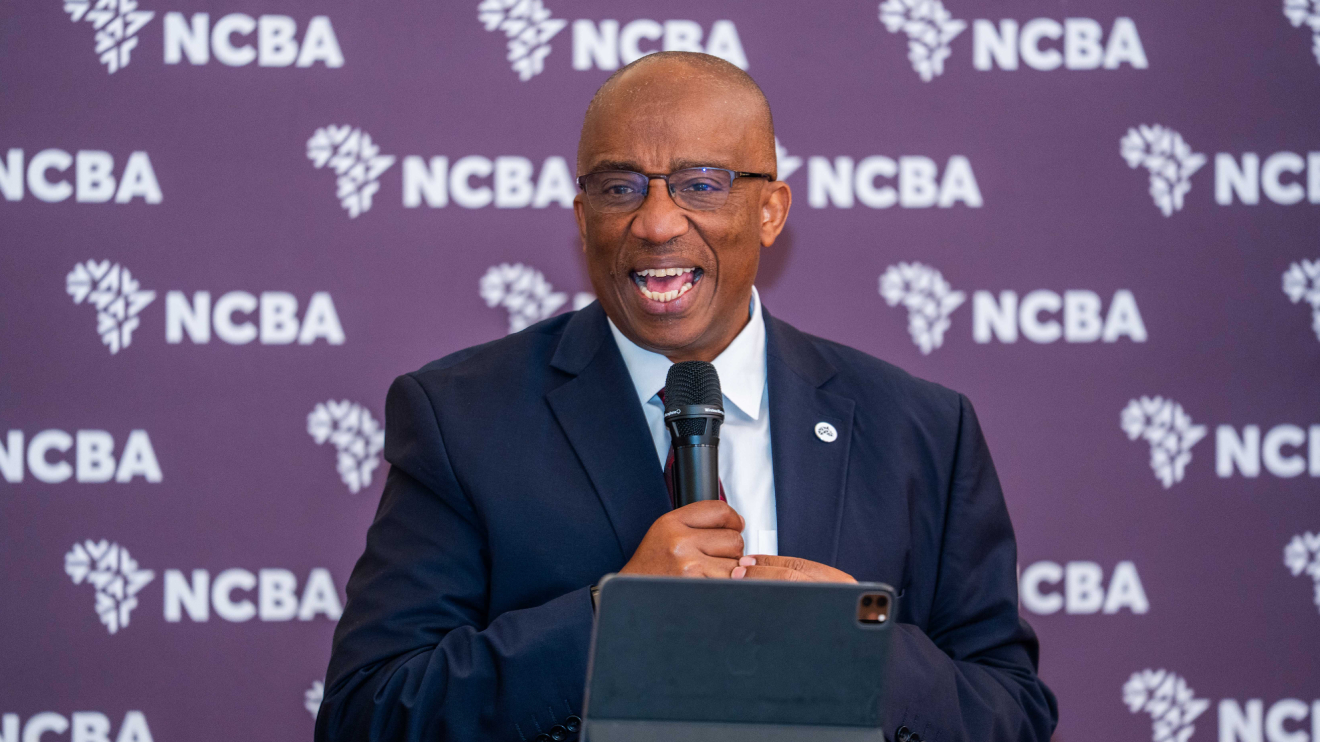

-1757457290.jpg)